To some, owning a pet is like having a child: we care about every aspect of their lives, especially their happiness and health. Sometimes, you can gain a huge clue about your dog’s health by observing what their poop looks like. It’s not a glorious job digging through poop, but it can help give you a better understanding of the care that your dog might need moving forward.
- Blood in dog stool can indicate various health issues.
- Abrupt diet changes can disrupt intestinal microflora.
- Parvovirus can cause lethal bloody diarrhea in dogs.
It can be very alarming if you notice blood in your dog’s poop. Sometimes it can be fresh and bright mixed with the stool while looking very dark on other occasions. If your dog is experiencing abnormal stool where blood is involved, read on to educate yourself regarding when to call your vet or when to take your dog to the nearest emergency vet immediately.
The information provided herein is for informational purposes only. Please refer to our disclaimer for more details..
Common Causes of Blood in Dog Poop
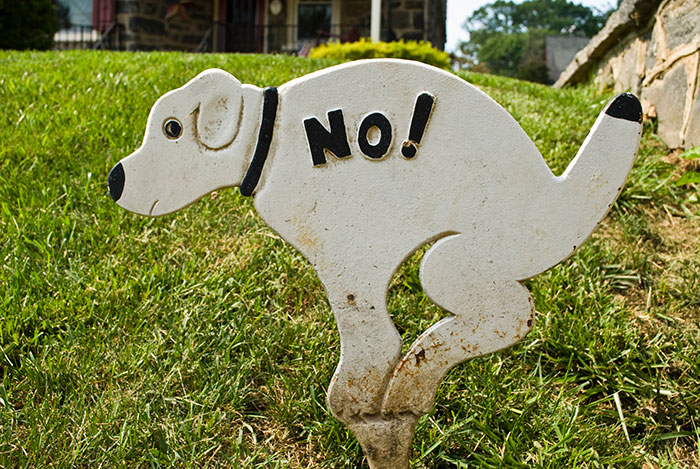
Image credit: mslavick, CC BY 2.0 DEED
From puppyhood through maturity, if you ever spot blood in your dog’s stool, do not hesitate to contact your veterinarian. You will be able to describe what you are witnessing and in return, they will be able to help you narrow down the potential causes and the level of severity you’re dealing with. Blood in dog poop is going to depend on the underlying cause.
Abrupt diet change
Dietary indiscretion can play a big role if you find blood in your dog’s poop. Dogs are creatures of habit, and so are their bodies. It is easy to disrupt intestinal microflora by introducing food that their gastrointestinal system is not accustomed to. Specks of fresh blood can be seen in the dog’s stool as they adjust to their new food. Because of this unwanted occurrence, it is recommended to slowly and gradually introduce new food to your dog if you are considering switching up their diet. Dogs respond very well when their food is switched over the appropriate amount of time.
Melena
Appearing almost black with a tarry texture, melena is a disease stemming from the digestive tract that is rooted in the small intestine, esophagus, or stomach. This means that the blood has already been swallowed or digested. Hookworms can cause bleeding in the upper digestive tract, resulting in dark blood. Liver cancer, tumors, clotting disorders, and ulcers from harsh medications can also play a major role when there is dark-colored blood in stool.
Hematochezia
Bright red blood, or “frank” blood, typically stems from the lower digestive tract, large intestine, or rectum. Parasites can also cause this type of blood in their stool, but viral and bacterial infections will be the main culprits for your veterinarian to follow up on. Inflammation of the colon, abrupt diet change, or the ingestion of foreign material can be possible causes of bloody stool.
Parvovirus
Presenting with hematochezia and often vomiting, Parvovirus, or “Parvo”, is one of the more lethal underlying causes of your dog’s bloody diarrhea. It is contracted by dog-to-dog contact through infected feces and can also remain on people and inanimate objects. With no type of discrimination on which unvaccinated dogs it affects, it is a highly contagious disease with a rapid onset of symptoms. it can cause bloody diarrhea or vomiting; sometimes both. Dogs who are infected will present as being very lethargic, dehydrated, hypothermic, and bloated. With a high mortality rate, this disease is preventable through vaccination and will otherwise require extensive hospitalization. If you suspect your dog may have been exposed to the virus, take him to your closest vet hospital to be tested.
Hemorrhagic Gastroenteritis
Commonly known as “HGE”, this disorder causes bloody diarrhea in dogs. Most common in small breed dogs, the true cause of HGE remains unknown. Some common factors have proven to be, but are not limited to: foreign body ingestion, blood clotting disorders, intestinal parasites, bacteria, trauma, gastrointestinal ulcers, and infectious diseases. In a clinical setting, HGE will require a handful of diagnostic tests to get to the root of the cause so the appropriate treatment can commence. Typically hospitalization is encouraged for those who are diagnosed.
Intestinal blockage
Sometimes our dogs have a knack for eating things they shouldn’t. In the worst cases, they ingest items that are not able to pass through the digestive tract to be expelled from the body. In these cases, the dog will develop a foreign body obstruction. Some common items that are ingested by dogs are toys, socks, towels, blankets, and feminine hygiene products. As the toy damages the digestive tract while failing to be eliminated from the body, the dog could experience diarrhea with a noticeable amount of blood in it. These dogs can present clinically with melena or hematochezia, depending on which part of the intestine the object is stuck in. Cases like this will often require a surgical procedure to remove the foreign material and to ensure that the bowel does not become perforated.
When to Call Your Vet
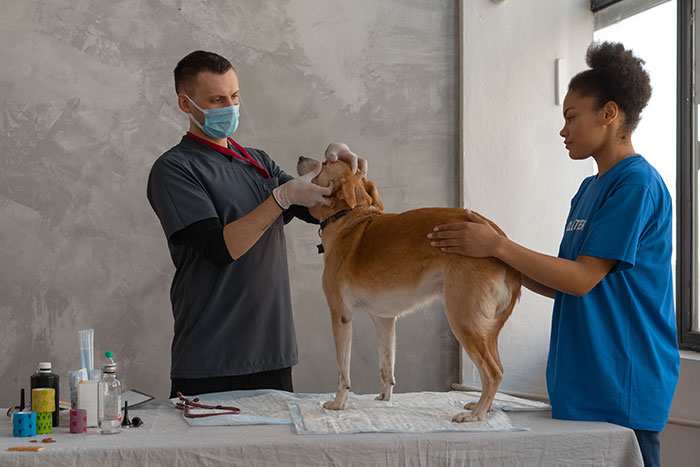
Image credit: Mikhail Nilov
While we are now aware of common causes of bloody dog poop, always consult a vet as soon as possible to address any additional option that might be causing any type of blood to appear in your pet’s stool. A healthy, normal bowel movement should consist of formed stool with no blood or mucus observed. Ensure that you are seeing a veterinary professional annually, at least. To be on the safe side, make sure your trip to the vet includes a thorough physical exam, a fecal analysis, and blood work to make sure that all major organs are functioning as they should.
As always, if you have any concerns about your pet’s health, do not hesitate to make an appointment with your preferred veterinarian.

 Dark Mode
Dark Mode 

 No fees, cancel anytime
No fees, cancel anytime 






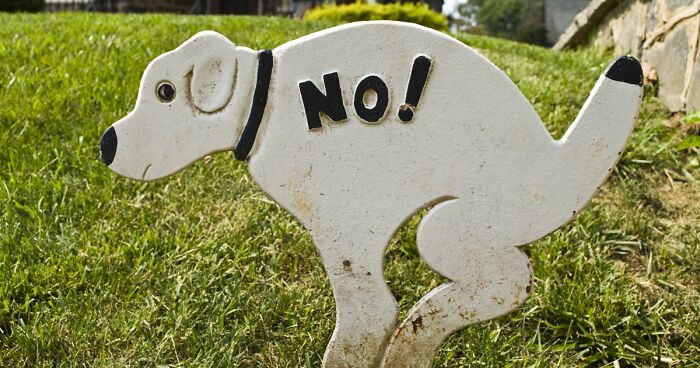


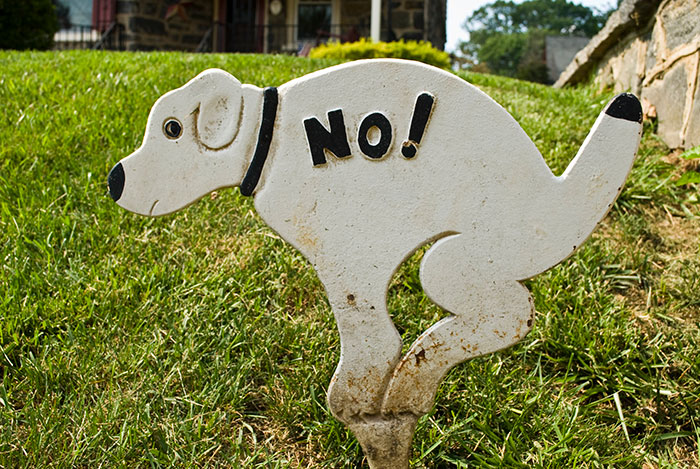
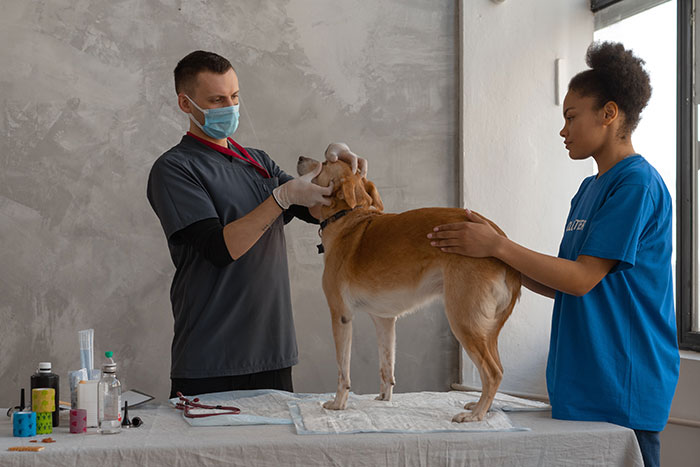









































-1
0